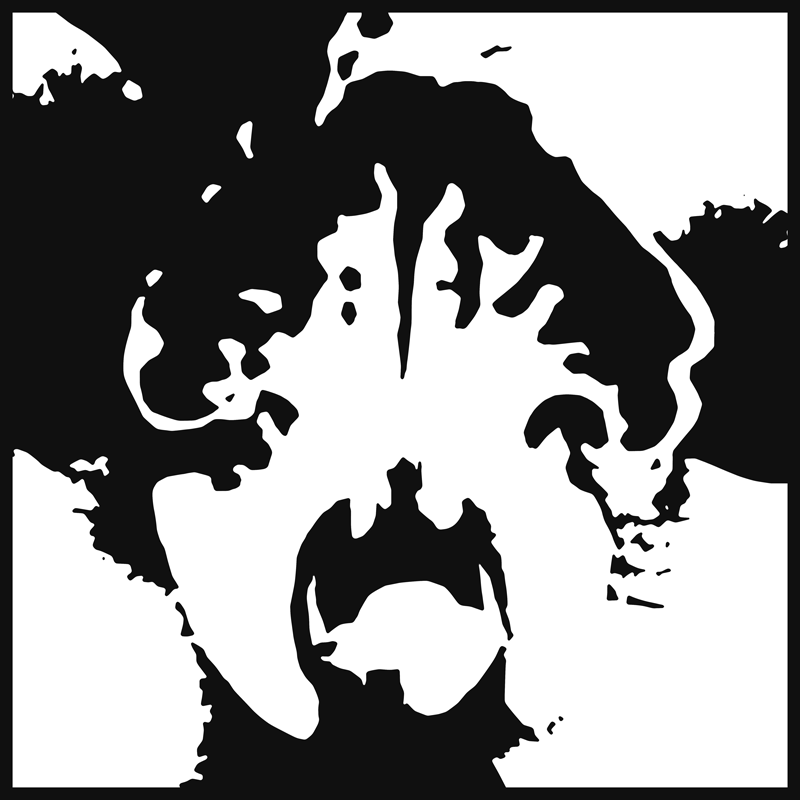
(Source: 40×41: Midlife Crisis Postponed)
“A chameleon,” I explained with a smile, as high above Paris as one generally gets for appetizers and cocktails. Excepting the silly Tour Montparnasse, of course.
The mother of my friend –– not quite a girlfriend, but an attractive, charming young lady who distracted me briefly at the tail end of my twenties –– was shocked.
A chameleon, she assured me without wavering even out of politeness, is a perfectly dreadful way to describe oneself. Dreadful. No question, no curiosity, no lack of conviction.
Perhaps I should have said protean…
Protean adjective, pro·te·an \ˈprō-tē-ən, prō-ˈtē-\
: able to change into many different forms or able to do many different things
: of or resembling Proteus in having a varied nature or ability to assume different forms (Source: Merriam-Webster)
“Protean?”
“Yes. Protean,” I would echo slowly, gently but firmly.
“I see,” she might have responded, pretending she knew what I was talking about. “Interesting.”
And even if she had know what I meant, perhaps expressed in terms of an ancient god she would have admired the quality of exceeding variability. Perhaps distanced from my lizard reference, she would have seen the merit in being (or aspiring to be) readily shapeshifting. Perhaps. Though it was an entertaining exchange we might have otherwise misplaced.
I’ll conclude with a reference to the etymology of the word protean if for no other reason than the sheer beauty of these Greek letters, Πρωτεύς.
Protean From Ancient Greek Πρωτεύς (Prōteús), the Greek warden of sea beasts, renowned for his ability to change shape. (Source: Wiktionary)